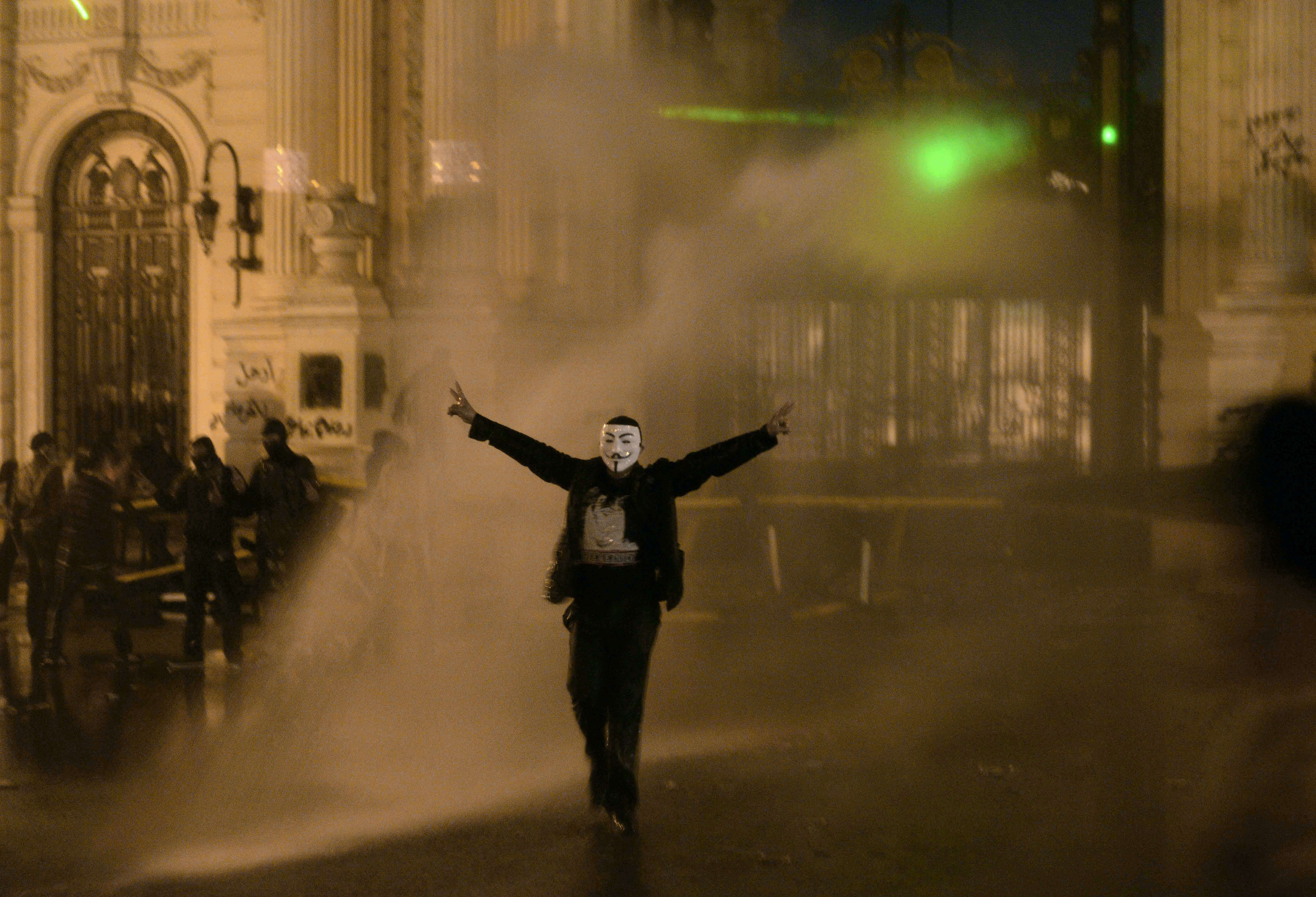ARBIL: Iraq’s political rivals meet Monday in the northern city of Arbil following a power-sharing deal in which the Shia Nuri Al-Maliki remains premier but which sees the main Sunni-backed bloc being squeezed into foregoing its demands for the presidency.
The meeting follows an agreement on Saturday between the main Shia bloc and a Kurdish coalition.
Support of the other main player, the Iraqiya party of former premier Iyad Allawi, hinges on whether it insists on the presidency or accepts the position of parliament speaker on offer.
Allawi had been holding out for the premiership, but party members have lately let it be known he is eyeing the presidency.
"Getting the presence of Iraqiya in government is the target of the Arbil meeting," said Iraqiya MP Hassan Allawi. "Its purpose is to convince Iraqiya to accept the parliament speaker’s position," he told AFP.
Iraqi Kurdistan’s regional president, Massud Barzani, said at the weekend he had invited all political groups to meet on Monday in Arbil, capital of the autonomous Iraqi region of Kurdistan, to resolve the crisis.
Government spokesman Ali Al-Dabbagh said on Sunday a deal had been clinched between the National Alliance, which represents the main Shia parties, and the Kurdish coalition.
"An agreement was reached … among the political parties in which (the Kurdish) Jalal Talabani will continue as head of state, Nuri Al-Maliki will stay on as prime minister and Iraqiya will choose its candidate for parliament speaker," Dabbagh told AFP.
"Iraqiya has not agreed for the moment over which side will have the parliament speaker’s position and which side will have the presidency," he added.
MPs from the Sunni-backed Iraqiya bloc, which won the most seats in the March 7 election but fell short of a parliamentary majority, confirmed the deal between the Shias and Kurds, but said they were still undecided whether to accept what was on offer, or to hold out for the presidency.
Dabbagh said that despite outstanding issues that needed to be resolved with Iraqiya, the parliament would meet on Thursday to choose a speaker, the first step towards forming a new government.
He added that both Maliki and Allawi would attend Monday’s meeting in Arbil.
US Secretary of State Hillary Clinton said during a visit to Australia on Monday that Iraq should have a government that was representative of all groups.
"We have been consistently urging the Iraqis to have an inclusive government that reflects the interests and needs of the various sectors of the population, that there had to be legitimate power-sharing amongst groups and individuals," Clinton said.
Iraqiya MP Alia Nusayef said Moqtada Al-Sadr, a radical Shia leader who has 40 seats in parliament, had also been invited to the Arbil meeting "because he brings equilibrium."
Sadr had first held discussions with Allawi, but then went into a Shia alliance with Maliki.
Iraq’s second general election since the 2003 US-led invasion ended in deadlock after none of the main parties won enough of the 325 seats in parliament to form a majority government.
Parliament has since remained in hiatus, but on October 24 the Supreme Court ordered MPs to resume work and choose a new speaker.
The constitution stipulates that a speaker, president and prime minister must be elected in that order.
The Iraqiya bloc narrowly won the election with 91 seats, closely followed by Maliki’s State of Law Alliance with 89.
Neither was able to muster the 163-seat parliamentary majority required, despite intense back-door negotiations with various Shia, Sunni and Kurdish blocs which also won seats.
Barzani’s Kurdistan Democratic Party and Talabani’s PUK together won 43 seats and have since formed a coalition with two Kurdish Islamic parties that won six places.
After allying with other Shia groups Maliki still needed around 20 more seats to form a majority. The agreement with the Kurdish coalition grants him more than twice that number.

